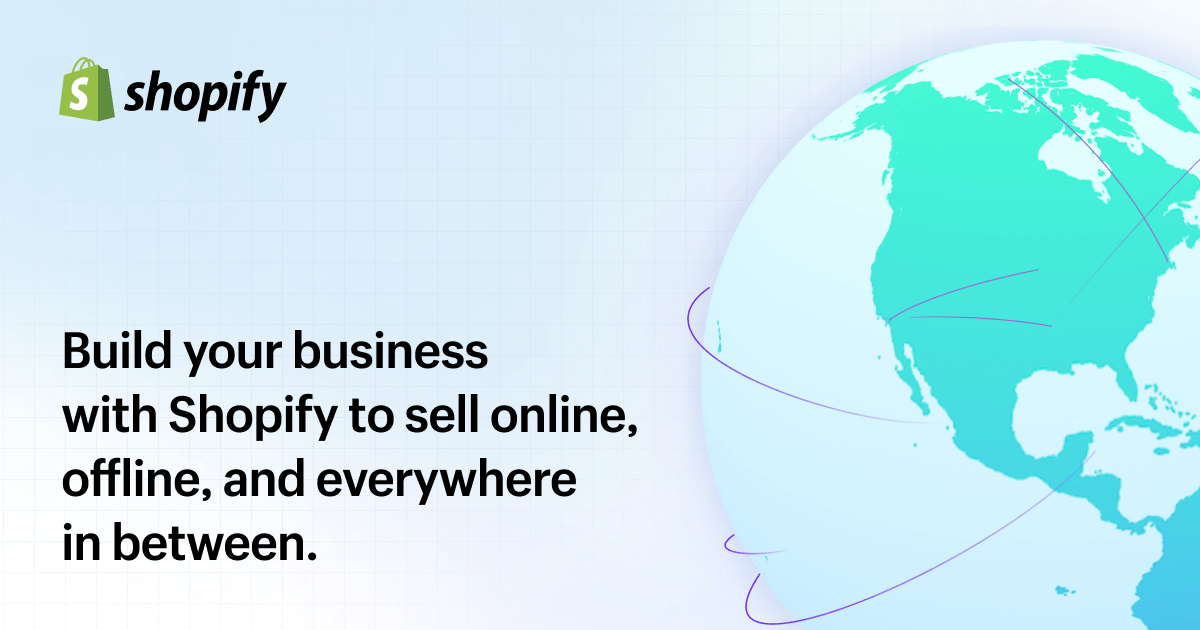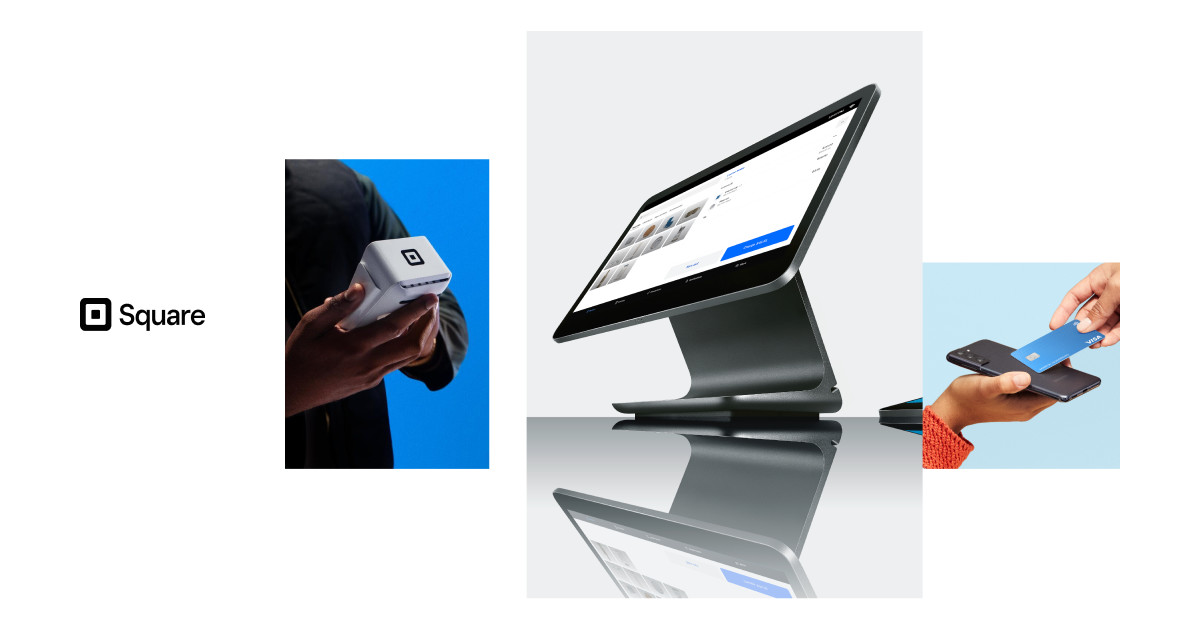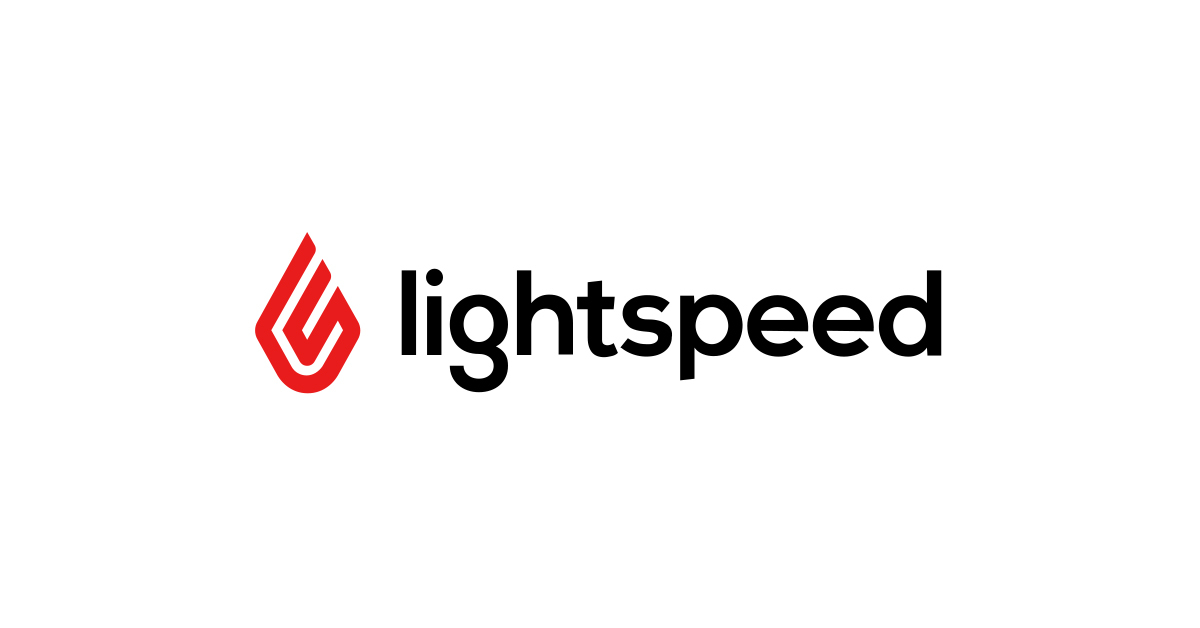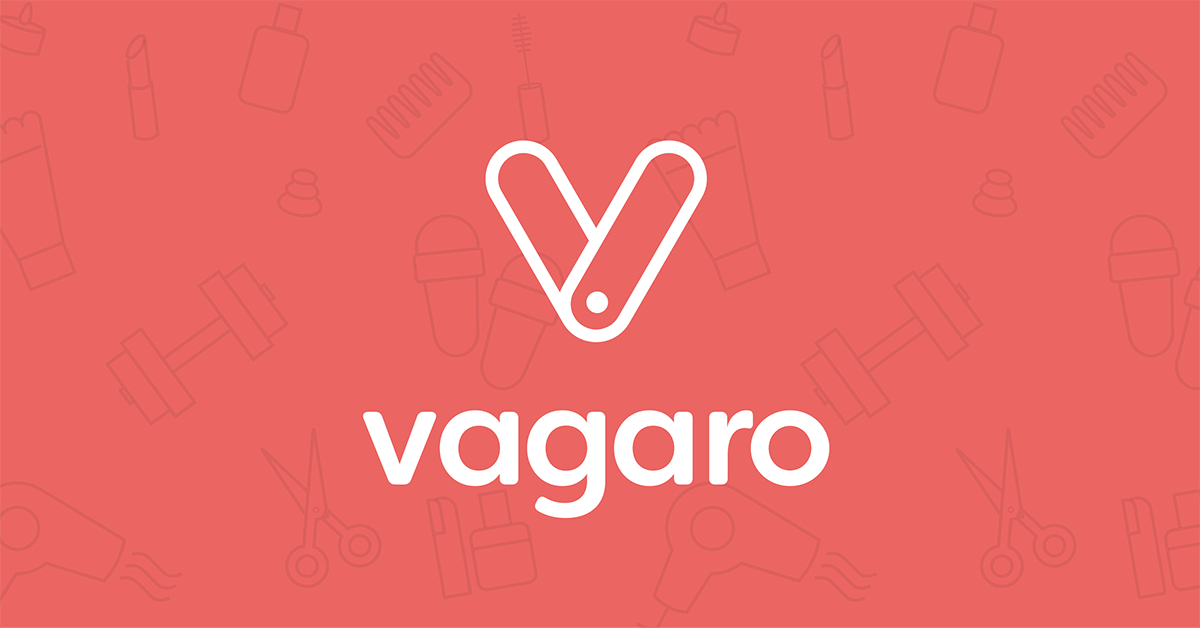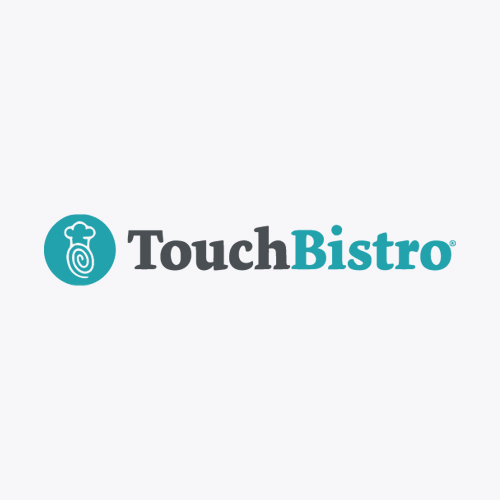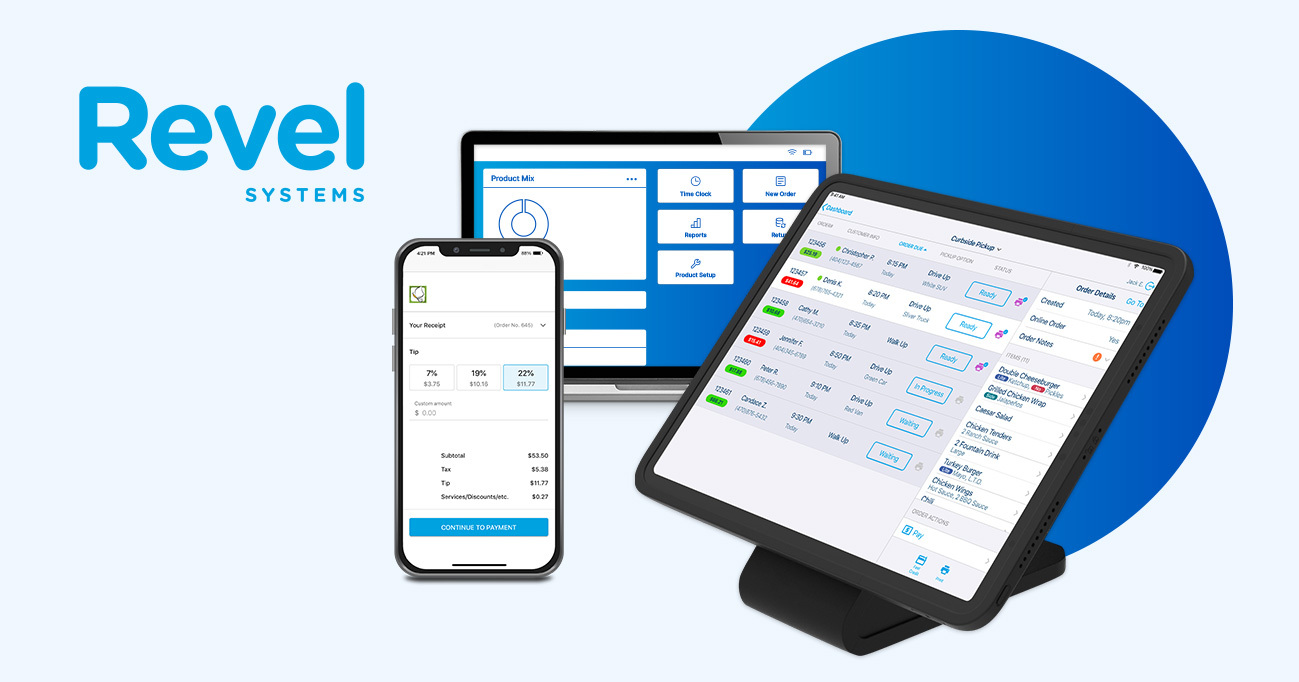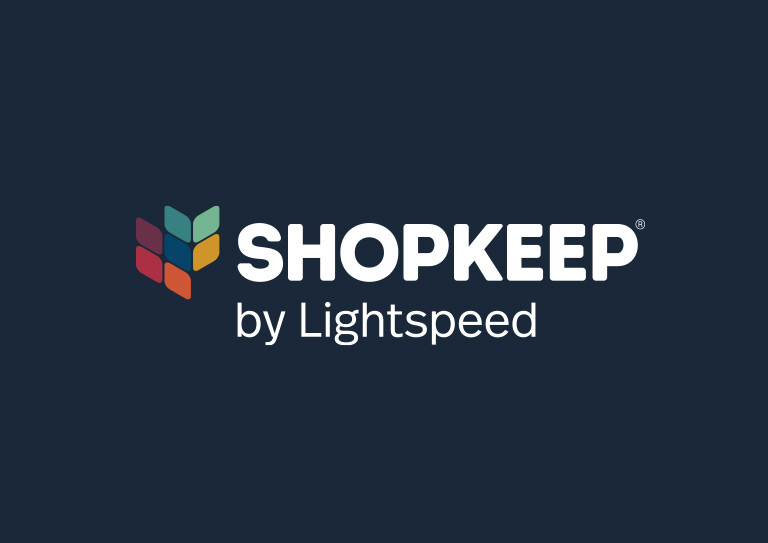Introduction
Point of sale (POS) software is a crucial tool for any business that conducts transactions in person. It streamlines processes like payments, inventory management, and reporting. With so many POS options on the market, it can feel overwhelming to choose one. This article analyzes 13 top POS platforms based on key criteria to help you find the right fit.
Methods of Evaluation
We evaluated each POS platform based on features, ease of use, pricing, and customer support. We also factored in more subjective criteria like the aesthetic and functionality of their interfaces. Additionally, we leveraged metrics like website traffic, backlinks, and keyword search trends to evaluate the overall market presence and popularity of each company.
1. Shopify
Shopify is a leading e-commerce platform that enables merchants to build, manage, and grow their businesses online. Founded in 2004 and headquartered in Ottawa, Canada, Shopify provides a robust platform and tools to help merchants launch and manage an online storefront.
Pros: Some key advantages of using Shopify include:
– Easy to build an online store without coding or design experience using their drag-and-drop theme and app system
– Wide range of professionally designed themes and apps available to customize every aspect of the storefront
– Robust backend for inventory, order, and customer management to streamline fulfillment processes
Cons: One potential disadvantage is that the platform fee structure can get expensive at higher sales volumes compared to some competitors. The most advanced Shopify Plus plan is better suited for very large stores.
Pricing: Shopify offers four plan tiers – Basic ($29/month), Shopify ($79/month), Advanced ($299/month), and Shopify Plus which is custom priced. Additional app and payment processing fees may apply on top of the base monthly rate.
Some key stats about Shopify include:
– Over 1 million merchants in approximately 175 countries use Shopify
– Processed over $175 billion in gross merchandise volume in 2021
– Offers a range of plans from Basic to Unlimited with prices starting at $29/month
– Over 3,600 themes and thousands of apps available to customize storefronts
2. Square
Square is a financial services and digital payments company based in San Francisco. Founded in 2009 by Jack Dorsey, Square designs and develops commerce ecosystem technologies that help sellers more easily run and grow their businesses. Its core products include Square Point of Sale, Square Register, and Square Online Store.
Pros: Key advantages of Square’s POS software include:
– All-in-one suite for payments, inventory, and sales. Square Point of Sale can handle everything from taking payments to inventory tracking.
– Excellent mobile app. Sellers can easily run their business from an iPad or Android device with Square Register.
– Low cost payments solution. Square charges a flat 2.6% + 10¢ per tap/swipe and online transactions are 2.9% + 30¢.
Cons: One potential disadvantage is that Square is more suited for smaller businesses rather than large enterprises due to its ease of use focus. As a business scales, it may outgrow some of Square’s core features.
Pricing: Square Point of Sale plans start at $15/month for the basic plan which includes the basic POS features. Higher priced plans with additional features like inventory tracking, loyalty programs, and reports are available starting at $45/month.
Some key stats about Square include:
– Processes over $100 billion in annualized GPV across its Seller and Cash App ecosystems.
– Has over 40 million monthly Cash App active customers.
– Supported by over 7,000 employees globally as of 2021.
3. Lightspeed Retail
Lightspeed Retail is a cloud-based point of sale (POS) and business management software created by Lightspeed HQ. It provides retailers with an all-in-one solution for sales, inventory, customer engagement and analytics. Retailers can use it across any device through a web browser without needing to download or install any software.
Pros: Some key advantages of Lightspeed Retail include:
– Cloud-based and easy to use across devices like POS, tablets and phones
– Integrated ecommerce and loyalty programs to help drive online and in-store sales
– Robust customer management with CRM features to build relationships
– Inventory management with features like purchase orders and purchase histories
– Reports covering sales, customers, inventory and more to help with business insights
Cons: A potential disadvantage is that the software may be more full-featured than what some very small businesses need, which could result in paying for unused features.
Pricing: Lightspeed Retail offers three main plans – Lite ($49/month), Pro ($99/month) and Enterprise (pricing varies). All plans include core POS capabilities. Higher tiers add more features like additional employee accounts, locations and integrations.
Some key stats about Lightspeed Retail include:
– Used by over 80,000 locations worldwide
– Integrations with over 200 payment gateways and equipment manufacturers
– Supports over 45 countries and 65 currencies
– Named one of the best POS systems for small businesses by Business News Daily in 2022
4. Vagaro
Vagaro is a leading POS software designed specifically for beauty and wellness businesses like salons, spas, and fitness studios. Founded in 2007, Vagaro provides an all-in-one cloud-based solution to help businesses manage appointments, process payments, build loyalty programs, and market their services online.
Pros: Key advantages of Vagaro include:
– Cloud-based solution with no software to download or install
– Intuitive scheduling calendar that customers can use to book appointments 24/7
– Loyalty programs and automated marketing tools to boost repeat visits
– Inventory management to track product stock levels and supplier orders
– Real-time business analytics and reporting for performance tracking
Cons: One potential disadvantage is that the monthly pricing can be higher compared to some other POS software options for small businesses.
Pricing: Vagaro offers four pricing tiers based on the number of staff users:
– Basic: $49/month for a single user
– Essentials: $79/month for up to 5 users
– Premium: $149/month for up to 10 users
– Enterprise: Custom pricing for more than 10 users
Some key stats about Vagaro include:
– Used by over 10,000 businesses globally
– Available in over 40 countries worldwide
– Integrates with over 25 payment gateways including Square, Stripe and PayPal
– Includes built-in marketing and loyalty features to help businesses attract and retain customers
5. Vend
Vend, now known as Lightspeed Retail, is a point of sale and business management software that provides retailers with a full suite of tools to run their store operations. Originally launched in 2005, Vend has grown to support over 35,000 customer locations across 100 countries. The software allows retailers to manage inventory, process sales, analyze business performance and sell across multiple online and physical channels.
Pros: Some of the main advantages of Vend/Lightspeed Retail include:
– Attractive iPad POS interface that is intuitive for both employees and customers
– Multistore capabilities allow businesses to manage inventory, reporting across multiple retail locations
– Robust inventory management tools to track stock levels in real-time and manage purchase orders
Cons: One potential disadvantage is the monthly subscription pricing model which requires an ongoing financial commitment compared to one-time software licenses.
Pricing: Vend/Lightspeed Retail pricing starts at $79 per month for a single store. Additional fees apply for additional stores, users, and integrated services. Plans and pricing may vary based on the needs and size of the business.
Some key stats about Vend/Lightspeed Retail include:
– Supports over 35,000 customer locations globally
– Provides POS and business management tools for retailers of all sizes
– Integrates with over 300 apps and accessories through its app marketplace
– Empowers retailers to sell products online and through mobile channels in addition to physical stores
6. TouchBistro
TouchBistro is an all-in-one restaurant management POS system designed for restaurants, bars, and food establishments of all sizes. Founded in 2012 and headquartered in Toronto, Canada, TouchBistro provides a cloud-based platform to power front-of-house operations including ordering, menu management, inventory and more.
Pros: Key advantages of TouchBistro include: Tableside ordering on iPads allowing staff to take orders directly from tables, Integrated payment processing for quick checkouts, Robust inventory tools to manage product levels and reduce food waste
Cons: A potential disadvantage is the subscription pricing model which requires an ongoing monthly or annual fee compared to one-time purchases of other POS systems.
Pricing: TouchBistro offers various pricing tiers starting from Basic at $79/month for a single user up to Enterprise plans customized for large restaurants and chains. Additional features like loyalty programs, multi-location support and third-party integrations have additional associated fees.
Some key stats about TouchBistro include: Used in over 50 countries worldwide, Supports over 17,000 active locations, Processed over $20 billion in annual payments, Named one of Canada’s Top Growing Companies by Report on Business Magazine
7. Revel Systems
Revel Systems is a cloud-based point-of-sale (POS) software for businesses. With Revel, merchants can manage their entire operation from any web-enabled device using an intuitive interface. Employees can access sales, reports, inventory, and other tools from counters, kitchens, bars and beyond.
Pros: Some key advantages of Revel Systems include:
– Modern touchscreen POS interface optimized for any device
– Omnichannel capabilities to support online, in-store and mobile sales
– Mobile POS and ordering allows staff to take payments anywhere
– Robust reporting and analytics tools for inventory, sales and more
Cons: One potential disadvantage is the subscription pricing model which requires ongoing payments rather than a one-time purchase.
Pricing: Revel Systems pricing starts at $79 per month for a single site license. Additional fees apply for add-ons like loyalty programs, integrated credit card processing etc. Pricing scales based on the number of locations, users and customization requirements.
Some key stats about Revel Systems:
– Used by over 10,000 businesses worldwide
– Integrates with over 150+ third-party applications including Square, Shopify, QuickBooks etc.
– Supports multiple sales channels including online ordering, delivery, curbside pickup etc.
8. ShopKeep
ShopKeep is a point-of-sale (POS) system designed for restaurants and retailers. The intuitive iPad POS allows merchants to complete sales, process payments, manage inventory, and view business analytics all from one device. ShopKeep aims to simplify operations and provide insights to help businesses grow.
Pros: Some key advantages of ShopKeep include:
– Intuitive iPad POS system allows merchants to complete tasks quickly and easily directly from the touchscreen device
– Integrated payments processing with options for all major credit cards and EMV chip readers to securely accept payments
– Comprehensive inventory tools to manage products, track stock levels, generate purchase orders, and more
Cons: One potential disadvantage is that ShopKeep is an iPad-based POS system, so businesses need to purchase iPad hardware separately to use the software.
Pricing: ShopKeep offers several pricing tiers starting from $79 per month for a single user license. Additional fees apply for add-ons like integrated payments, professional services, and multi-store licenses. ShopKeep offers a free 14-day trial to test out all features.
Some key stats about ShopKeep include:
– Used by over 100,000 merchants globally
– Integrated payments processing with no extra per-transaction fees
– Comprehensive inventory management tools to track products, vendors, and stock levels
– Robust reporting and analytics dashboard to track sales, customers, and performance over time
9. Lavu
Lavu is a Restaurant POS (Point of Sale) system designed for restaurants, bars, and coffee shops. Founded in 2011, Lavu has been providing innovative POS solutions to help businesses streamline operations and enhance customer experiences. The Lavu POS system runs on iPad hardware and connects all fronts of a restaurant from the front of house to the back of house and beyond.
Pros: Some key advantages of Lavu include:
– Easy to customize POS interface to fit any restaurant concept
– Built-in delivery and online ordering capabilities
– Robust reporting and analytics to track sales, labor, inventory, and more
– Seamless integration with accounting systems like QuickBooks
Cons: One potential disadvantage is that Lavu requires the use of iPad hardware which requires additional investment compared to all-in-one POS systems.
Pricing: Lavu offers flexible pricing plans starting from $79 per month. Additional fees apply for add-ons like delivery and online ordering modules, printing, and credit card processing. Lavu also offers custom pricing for enterprise customers.
Some key stats about Lavu:
– Used in over 10,000 locations worldwide
– Integrated with over 50 third-party partners for delivery, accounting, loyalty, and more
– Supports multiple payment types including EMV chips, NFC, and contactless payments
10. Loyverse
Loyverse is a cloud-based POS system created by Loyverse to help businesses manage sales, inventory, and employees. With Loyverse POS, merchants can run their entire retail operation from any iOS or Android mobile device or web browser.
Pros: Key advantages of using Loyverse POS include:
– Powerful loyalty and CRM tools to build customer relationships
– Built-in marketing automation features to send targeted offers
– Detailed sales analytics and reports to gain insights
– Inventory management to track product availability in real-time
– Cross-channel capabilities to sync online and in-store orders
Cons: One potential disadvantage is that the monthly subscription plans may not be affordable for very small businesses just starting out.
Pricing: Loyverse offers three pricing plans for merchants:
– Essentials Plan: $49/month for single user access
– Professional Plan: $99/month for 3 users
– Elite Plan: $199/month for 5 users
Some key stats about Loyverse POS include:
– Used by over 5,000 merchants worldwide
– Processes over $1 billion in annual sales volume
– Integrations with over 150 partners including major payment processors and accounting software
11. Bepoz
Bepoz is a point of sale (POS) software created by the company Bepoz. Bepoz offers a web-based POS system that can be accessed from any device with a browser like computers, tablets and smartphones. This allows businesses to run their point of sale from any location.
Pros: Some key advantages of Bepoz POS include:
– Web-based so it can be used from any device with a browser
– Free basic version available for getting started
– Robust reporting and inventory management tools to analyse sales and track stock
Cons: Potential disadvantages could include:
– Paid subscriptions required for advanced features
– Web-based systems require an internet connection to use
Pricing: Bepoz offers three pricing tiers on annual subscriptions:
– Basic plan from $49/month
– Pro plan from $99/month
– Enterprise plan from $199/month
All plans include support and updates. Additional features are unlocked at higher tiers.
Some key stats about Bepoz POS software:
– Used by over 10,000 businesses worldwide
– Available in over 40 supported languages
– Integrates with over 150 payment gateways and devices
12. Lightspeed Retail
Lightspeed Retail is a cloud-based POS system designed for retailers, restaurants, and golf shops. As a true all-in-one platform, it handles everything from inventory management and sales to payments and reporting. With Lightspeed, businesses get a modern POS interface that can be accessed from any web browser or mobile device.
Pros: Some key advantages of Lightspeed Retail include:
– Modern and customizable interface that can be tailored to any business needs
– Omnichannel capabilities that allow merchants to manage both online and in-store sales from one platform
– Robust reporting features to track sales, inventory, transactions and other key business metrics
Cons: One potential disadvantage is that the premium tier plans can be expensive for very small businesses just starting out. However, Lightspeed does offer affordable starter plans as well to suit a range of budget needs.
Pricing: Lightspeed Retail offers several tiered pricing plans starting from $49 per month for a basic online store. The most popular plan is $79 per month and offers additional features like unlimited items, employees, and locations. There are also premium plans for larger enterprises starting at $199 per month.
Some key stats about Lightspeed Retail include:
– Used by over 100,000 locations worldwide
– Integrates with over 50 popular third-party apps like Shopify, Square, and others
– Supports omnichannel capabilities like buy online pickup in store, appointments, and delivery
– Real-time reporting and analytics to track sales, inventory, and more
13. PeachWorks POS
PeachWorks POS is a restaurant management and point of sale software created by PeachWorks, which is now a part of Get Beyond. The software offers a customizable and cloud-based solution for managing orders, inventory, sales and more for restaurants and retail businesses.
Pros: Key advantages of PeachWorks POS include:
– Customizable apps and workflows that can be tailored to individual business needs
– Cloud-based solution means the software can be accessed from any internet-connected device
– Built-in integrations to QuickBooks for seamless accounting and reporting
– Centralized dashboard provides real-time reporting and sales metrics across all locations
Cons: One potential disadvantage is that the software requires an internet connection to access the cloud-hosted platform and apps. This could be an issue if the internet connection goes down during busy service periods.
Pricing: PeachWorks POS pricing starts at $79 per month for a single store license. Additional fees apply for add-on modules and extra stores/locations. The software also offers a free 30-day trial to test all core features before committing.
Some key stats about PeachWorks POS include:
– Used by over 5,000 restaurants and retail businesses worldwide
– Integrates with QuickBooks for accounting
– Support for multiple stores and locations from a single dashboard
Conclusion
Whether you need an all-in-one solution or a specialized tool for retail, restaurants or other industries, this guide highlights the leading POS providers. Use this analysis as a starting point in your selection process by shortlisting options that align with your budget and requirements. Many providers offer free trials so you can test them out risk-free. We hope this helps you choose a POS platform that streamlines operations and grows your business.




